Microbiology vocab
By: Jillian Sperico
Autotroph
organism that produces complex organic compounds from simple substances present in its surroundings, generally using energy from light or inorganic chemical reactions.

Heterotroph
an organism that cannot fix carbon from inorganic sources but uses organic carbon for growth
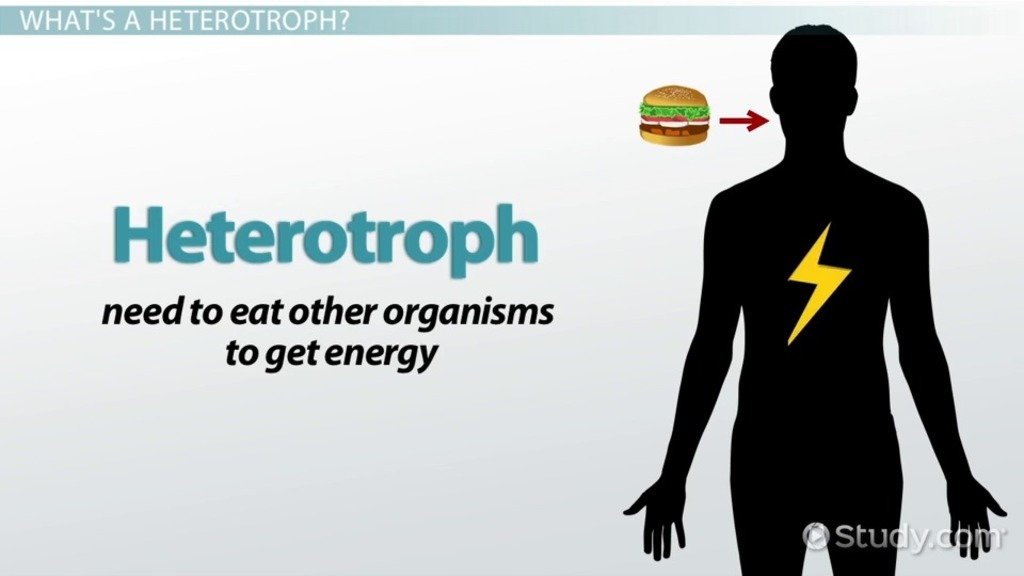
Protist
eukaryotic organism that is not an animal, plant or fungus. The protists do not form a natural group, or clade, but are often grouped together for convenience, like algae or invertebrates.
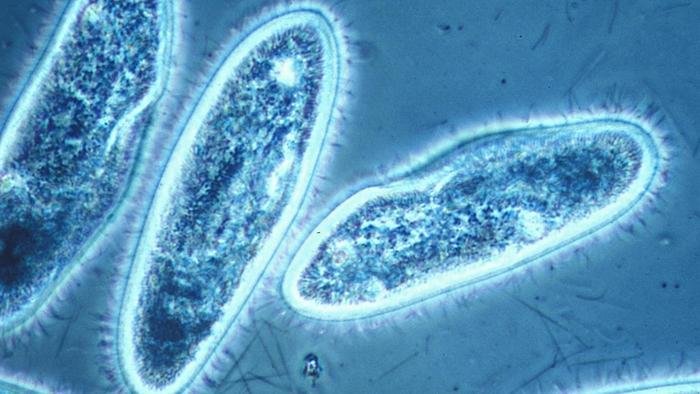
Diffusion
he intermingling of substances by the natural movement of their particles.

Osmosis
a process by which molecules of a solvent tend to pass through a semipermeable membrane from a less concentrated solution into a more concentrated one, thus equalizing the concentrations on each side of the membrane
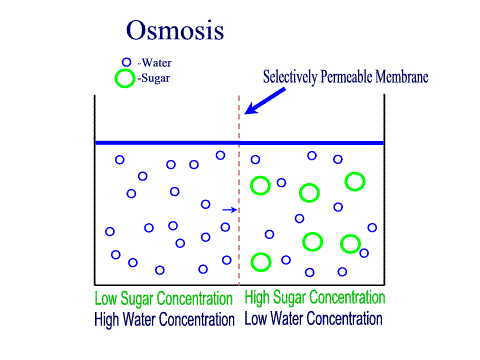
Microbe
a microorganism, especially a bacterium causing disease or fermentation.
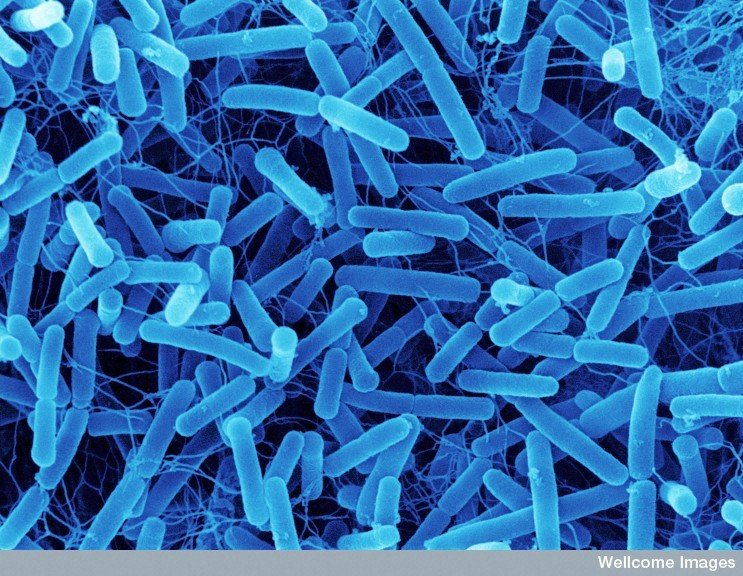
Amoeba
cell or organism which has the ability to alter its shape, primarily by extending and retracting pseudopods.
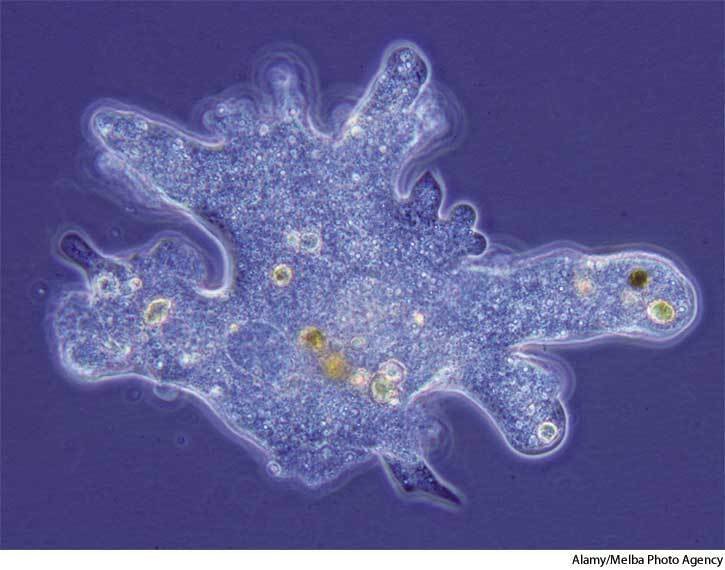
Paramecium
genus of unicellular ciliates, commonly studied as a representative of the ciliate group
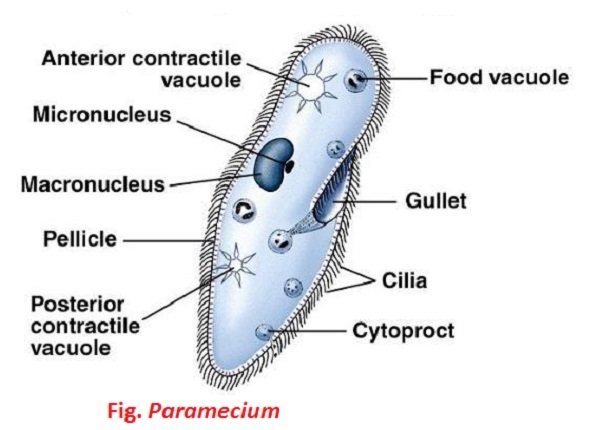
Euglena
a genus of single-celled flagellate Eukaryotes
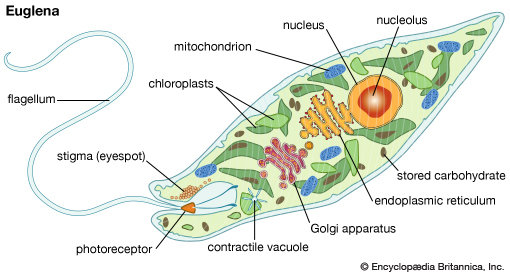
Volvox
a polyphyletic genus of chlorophyte green algae in the family Volvocaceae
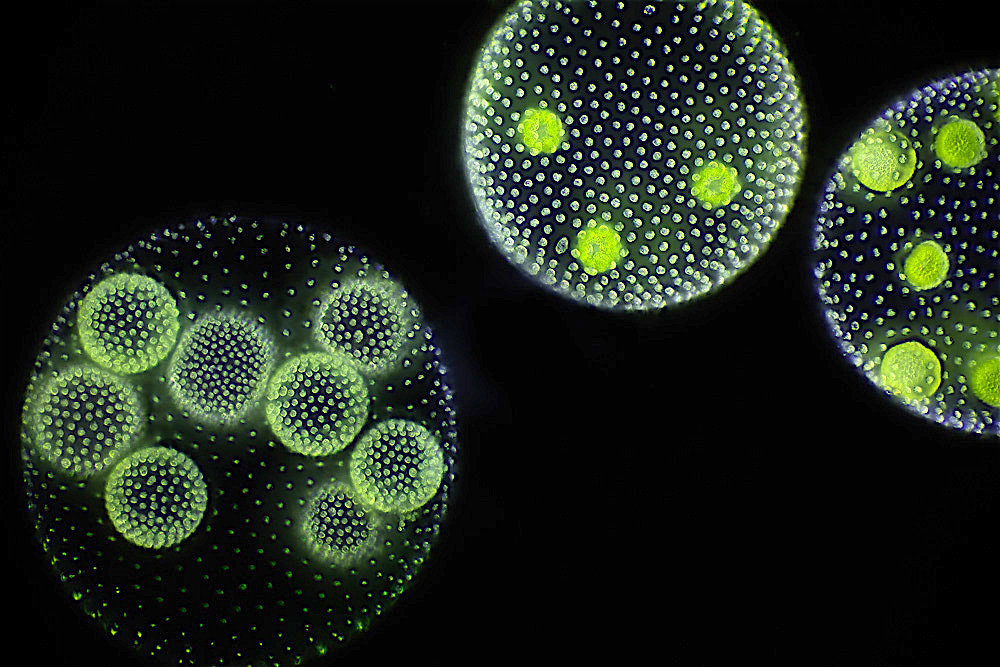
Prokaryote
a microscopic single-celled organism that has neither a distinct nucleus with a membrane nor other specialized organelles.
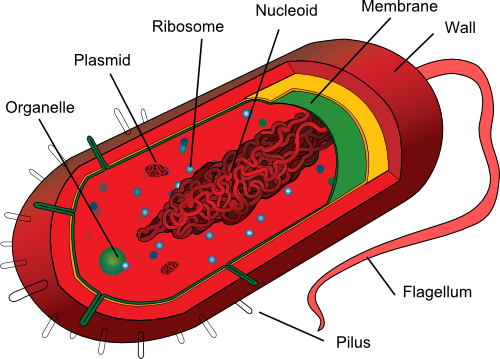
Eukaryote
is any organism whose cells have a nucleus and other organelles enclosed within membranes.
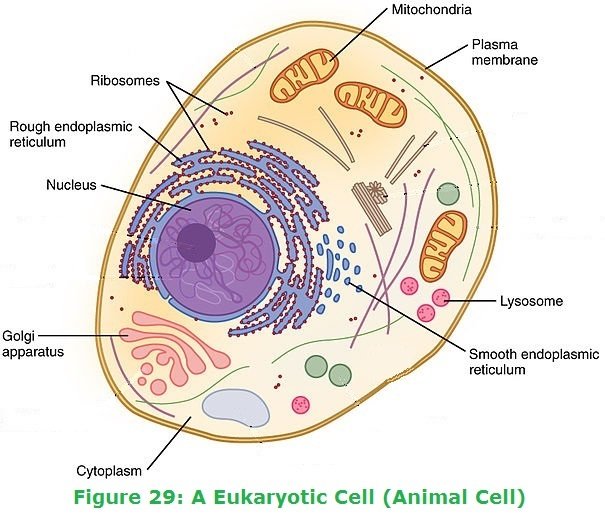
Capsid
A protein shell of a virus
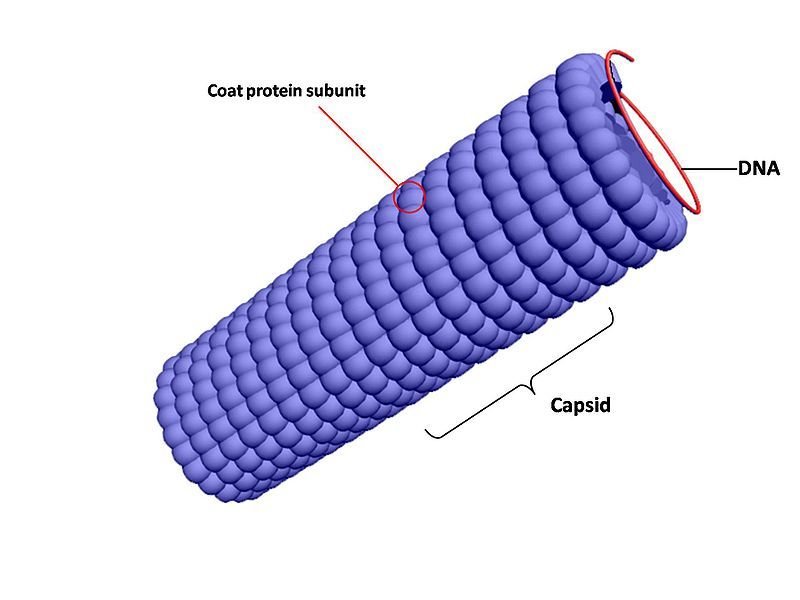
Capsule
a polysaccharide layer that lies outside the cell envelope of bacteria, and is thus deemed part of the outer envelope of a bacterial cell.
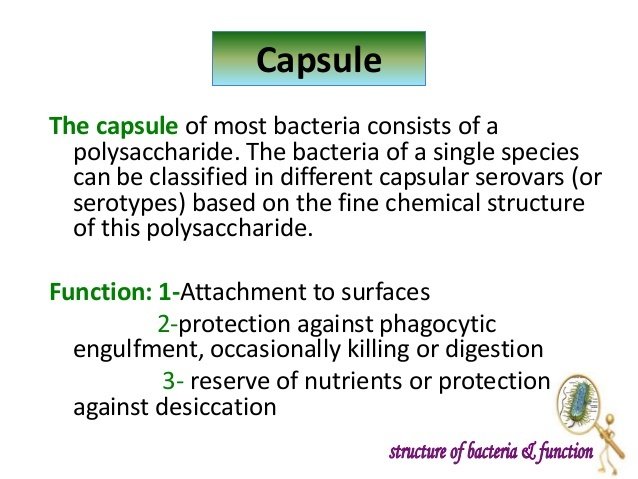
Pathogen
a bacterium, virus, or other microorganism that can cause disease.
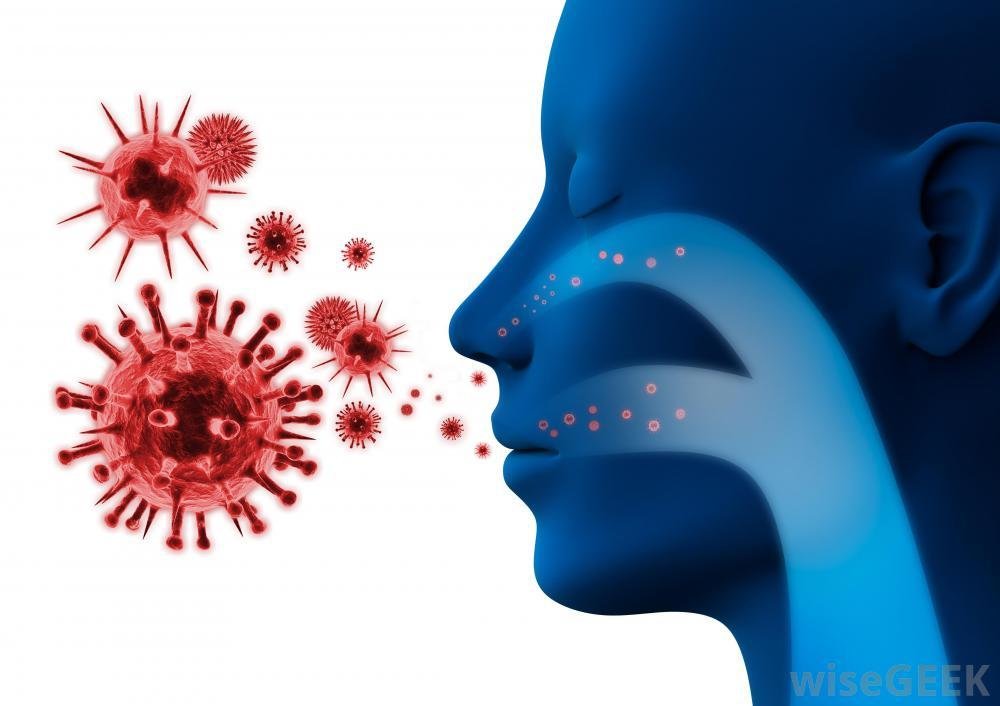
Vector
an organism, typically a biting insect or tick, that transmits a disease or parasite from one animal or plant to another.
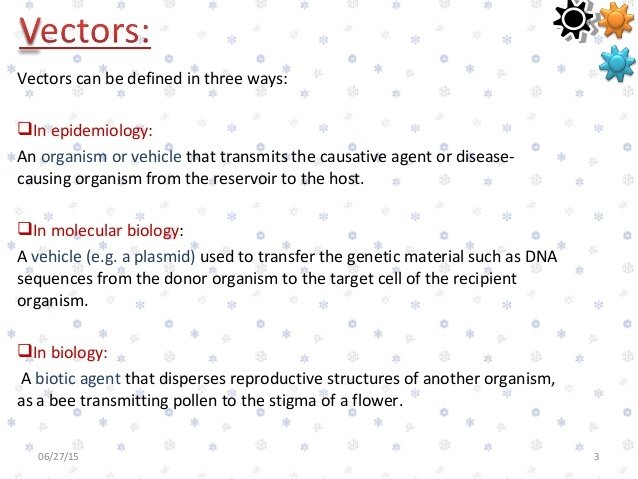
Unicellular
A single-celled organism

Parasite
an organism that lives in or on another organism (its host) and benefits by deriving nutrients at the host's expense.
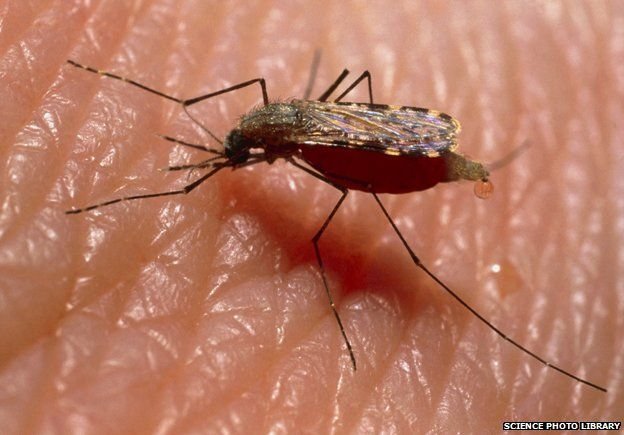
Mutagen
an agent, such as radiation or a chemical substance, that causes genetic mutation.
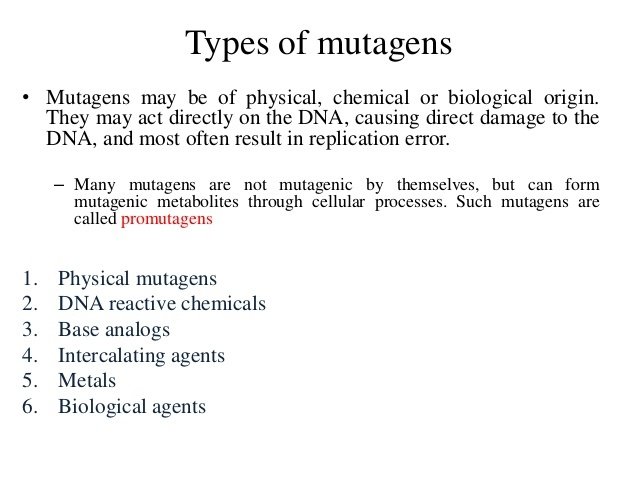
Mutation
the changing of the structure of a gene, resulting in a variant form that may be transmitted to subsequent generations, caused by the alteration of single base units in DNA, or the deletion, insertion, or rearrangement of larger sections of genes or chromosomes.

Mico
By Jillian Sperico
Mico
- 292



